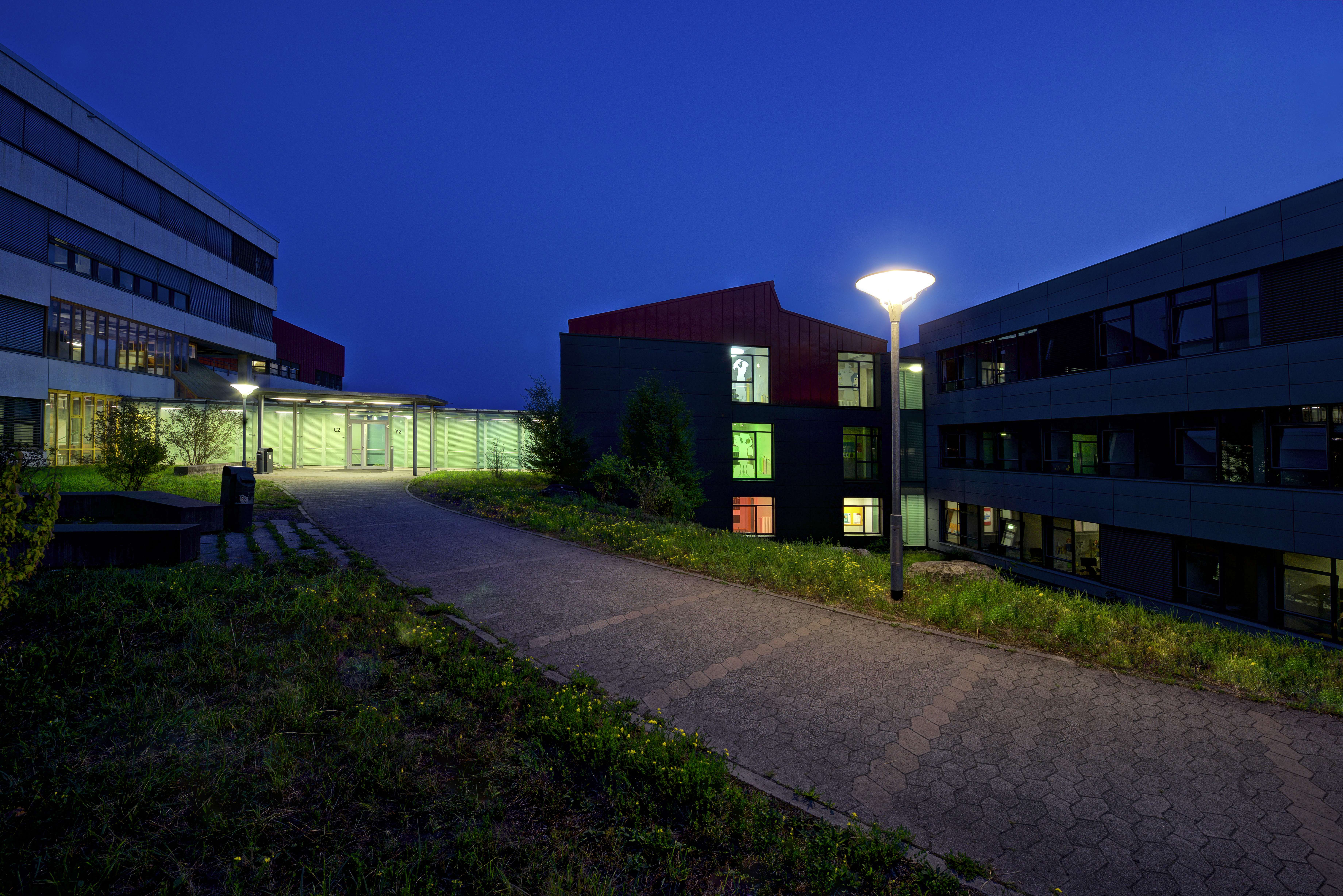
Happy Birthday
Since its inception ten years ago, the University of Konstanz’s Zukunftskolleg has successfully established effective structures for the advancement of junior researchers
The University of Konstanz’s Zukunftskolleg first opened its doors on 1 November 2007. Its objective: to provide international junior researchers at the post-doctoral level with the opportunity to launch promising academic careers. Since then, the Zukunftskolleg has successfully promoted top-level research and emerged as a leading institution of international acclaim. Many of the 99 junior researchers who started out as Zukunftskolleg fellows in 2007 have since been appointed to professorial positions.
Funded through the Excellence Initiative of the German Federal and State Governments and the “Zukunftskolleg Incoming Fellowship Programme Marie Curie” (ZIF-MC) of the European Union, the Zukunftskolleg offers two and five-year positions to outstanding post-doctoral candidates working in the natural sciences, humanities and social sciences.
The Zukunftskolleg brings together individuals from around the globe and is characterised by interdisciplinary exchange and dialogue, with junior researchers from thirteen departments working together on cross-disciplinary projects. The weekly jour fixe, which takes place in the Zukunftskolleg’s own building on campus, is also driven by the spirit of interdisciplinarity.
“Our goal is to support and foster young talents as they develop into strong researchers, to create a creative, international, cross-generational community and to help our fellows attain academic independence early on in their careers”, explains Professor Giovanni Galizia, Director of the Zukunftskolleg. “However, we do not believe that early independence should come at the expense of successful integration, which is why every single one of our fellows also belongs to a university department and, as such, to an international, subject-specific community of academics”.
Collaboration and exchange that spans generations is provided by our senior fellowship and mentoring programmes. They allow our post-doctoral researchers to invite selected international researchers to spend time at the University of Konstanz.
“We are convinced by and enthusiastic about the opportunities that the Zukunftskolleg generates, especially because it can provide crucial support to junior researchers as they enter a very important stage in their academic careers. We offer sufficient material resources for our researchers to successfully work on their own projects, an intellectually stimulating environment that puts joy and enthusiasm for research first, as well as various support programmes geared towards individual needs”, says Giovanni Galizia. From funding applications to time management, from personal coaching to co-financing options and scientific retreats - the ways in which the Zukunftskolleg supports its fellows on their way to a professorship are varied.
An advisory board comprised of internationally acclaimed scientists as well as cultural, political and economic stakeholders helps sharpen the Zukunftskolleg’s profile. The board is chaired by five elected fellows, one senior fellow, the Director of the Zukunftskolleg as well as the university’s Vice-rector for Research and Academic Staff Development.
Note to the editors
The University of Konstanz’s Zukunftskolleg celebrates its tenth anniversary on 3 November 2017. Media representatives are cordially invited to attend the celebrations. Please RSVP by emailing kum@uni-konstanz.de.
Alumni series showcasing the career paths of the Zukunftskolleg’s alumni
Facts:
- The Zukunftskolleg was founded on 1 November 2007.
- It succeeded the Zentrum für wissenschaftlichen Nachwuchs (centre for junior researchers) at the University of Konstanz.
- In 2007, the Zukunftskolleg was home to 99 fellows.
- As of September 2017, 80 per cent of the Zukunftskolleg’s original fellows had been appointed as university professors or junior professors with tenure track or had succeeded to leading positions in other scientific institutions.
- It is funded in the framework of the Excellence Initiative of the German Federal and State Governments.
- Further information: uni.kn/zukunftskolleg.
